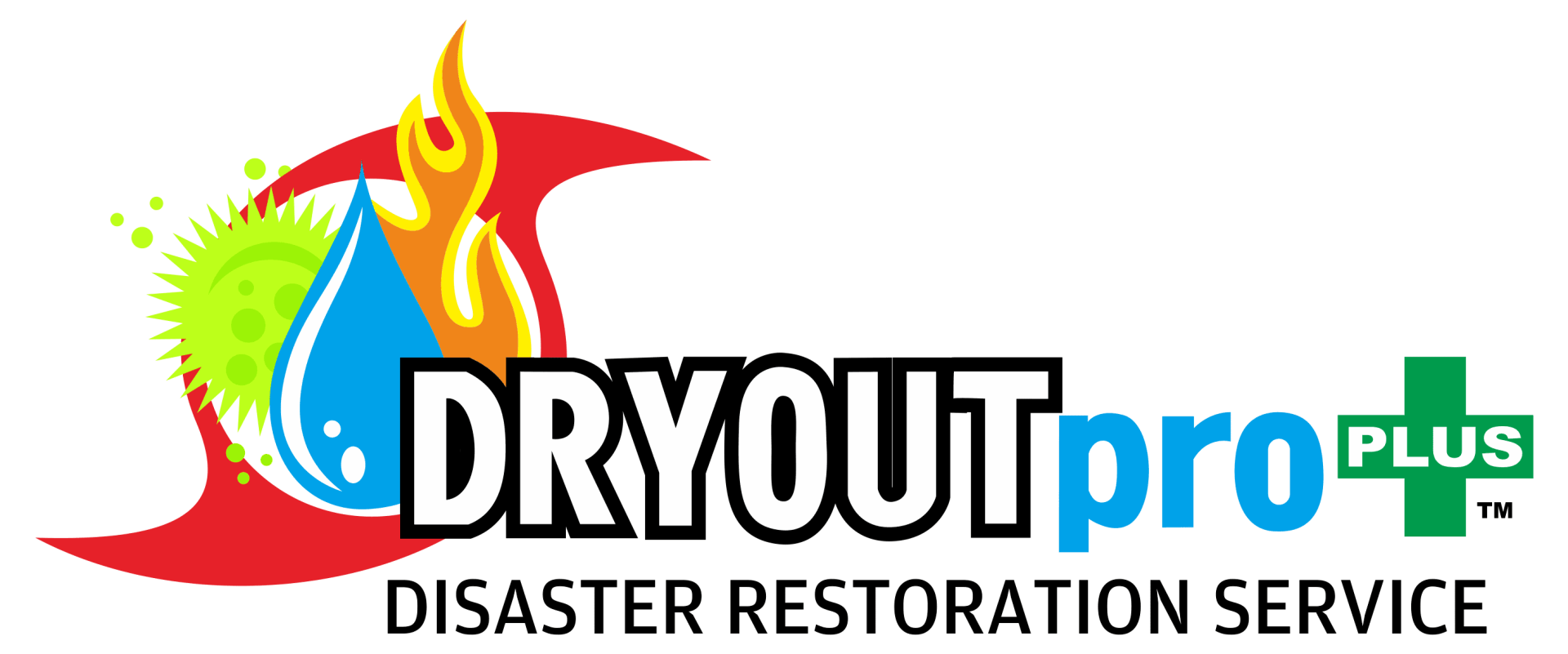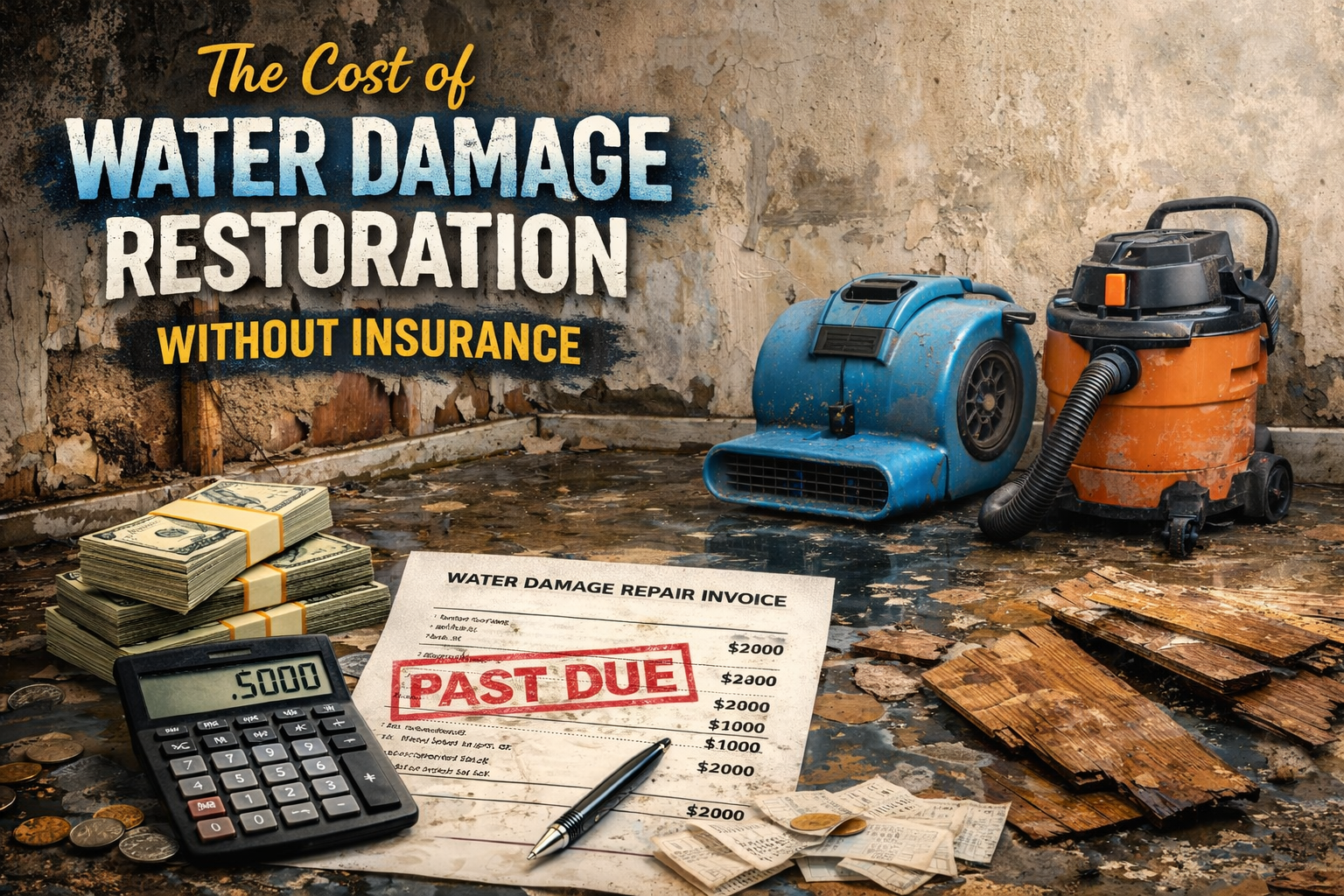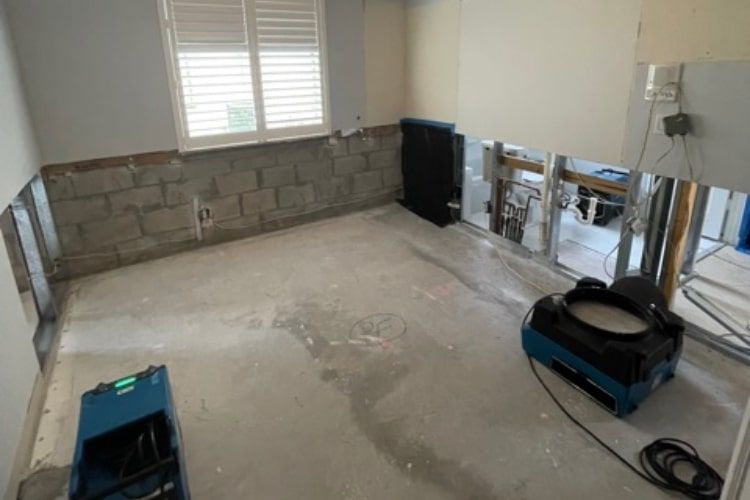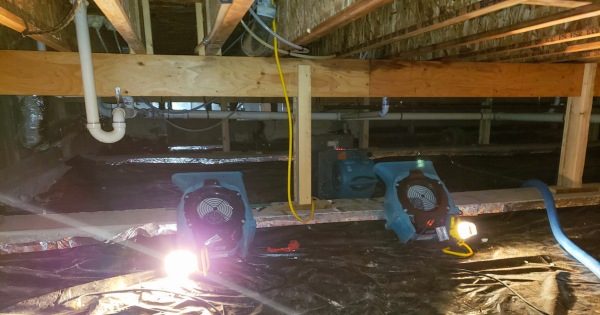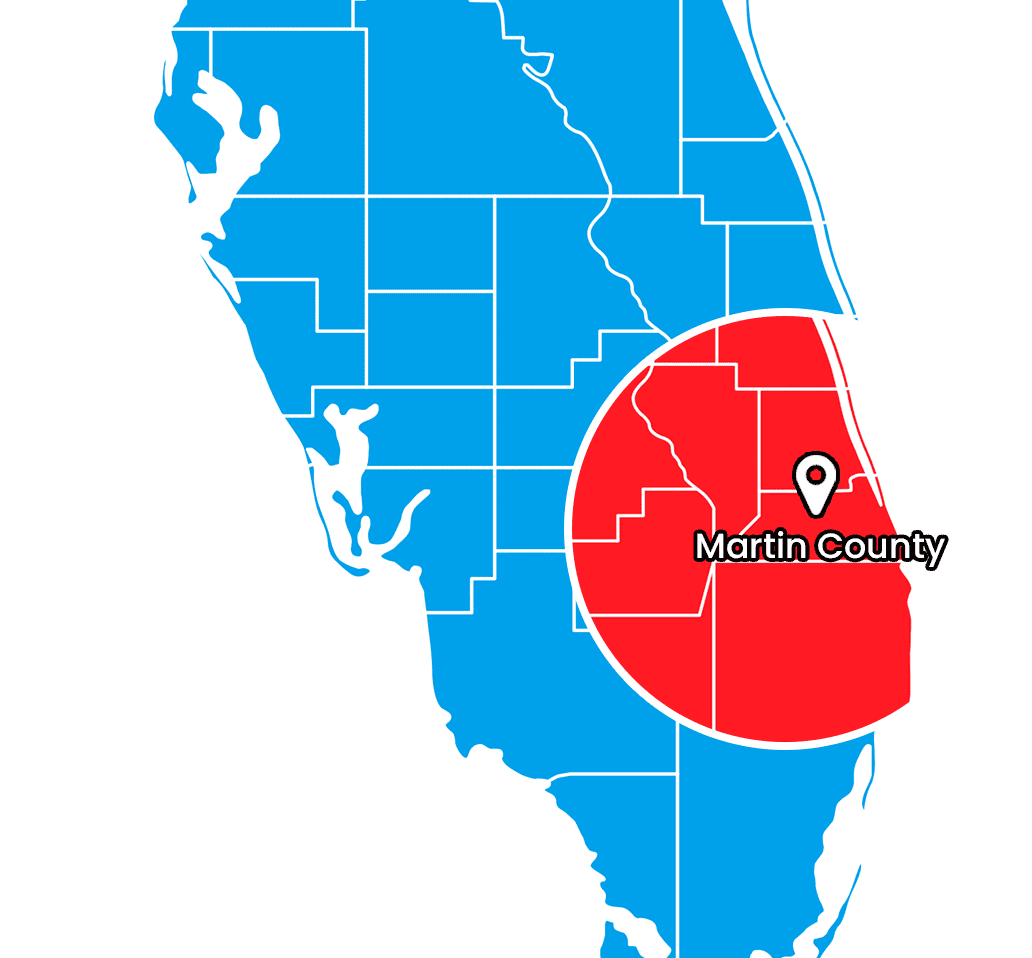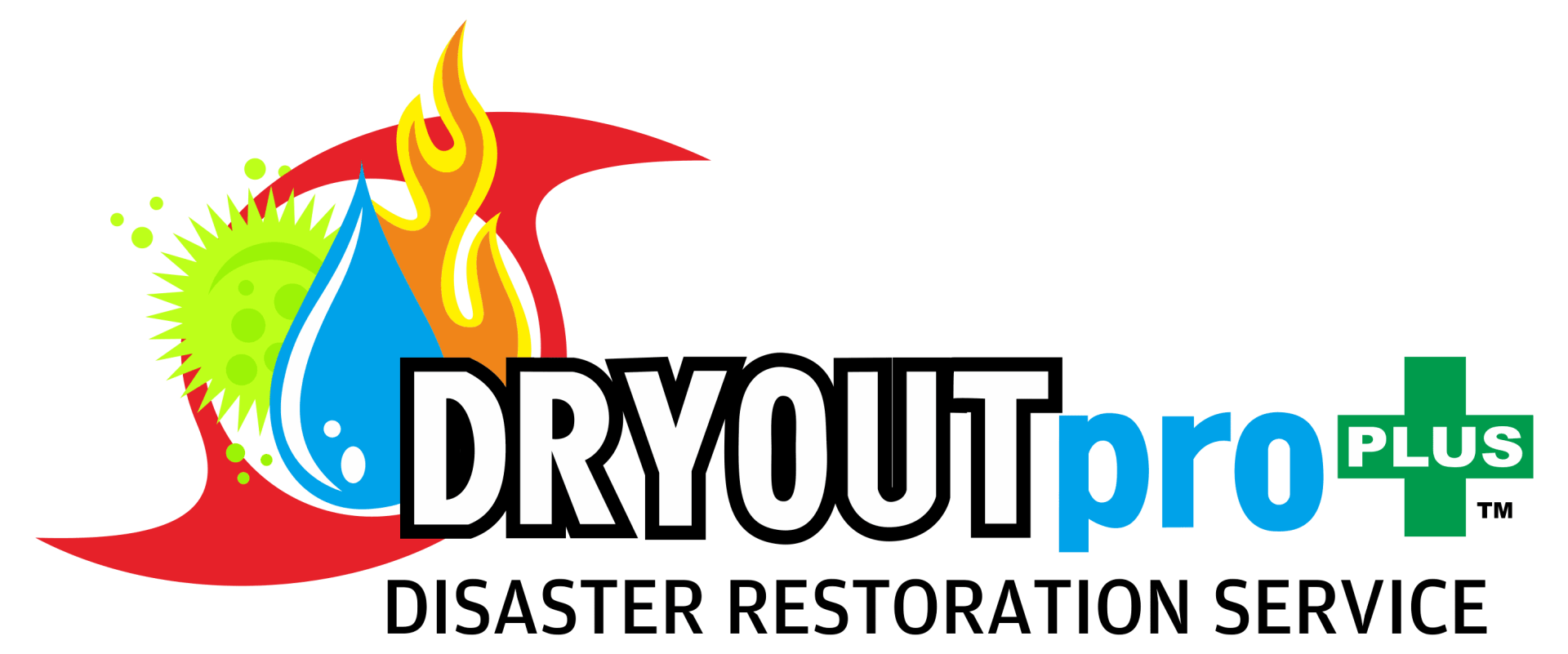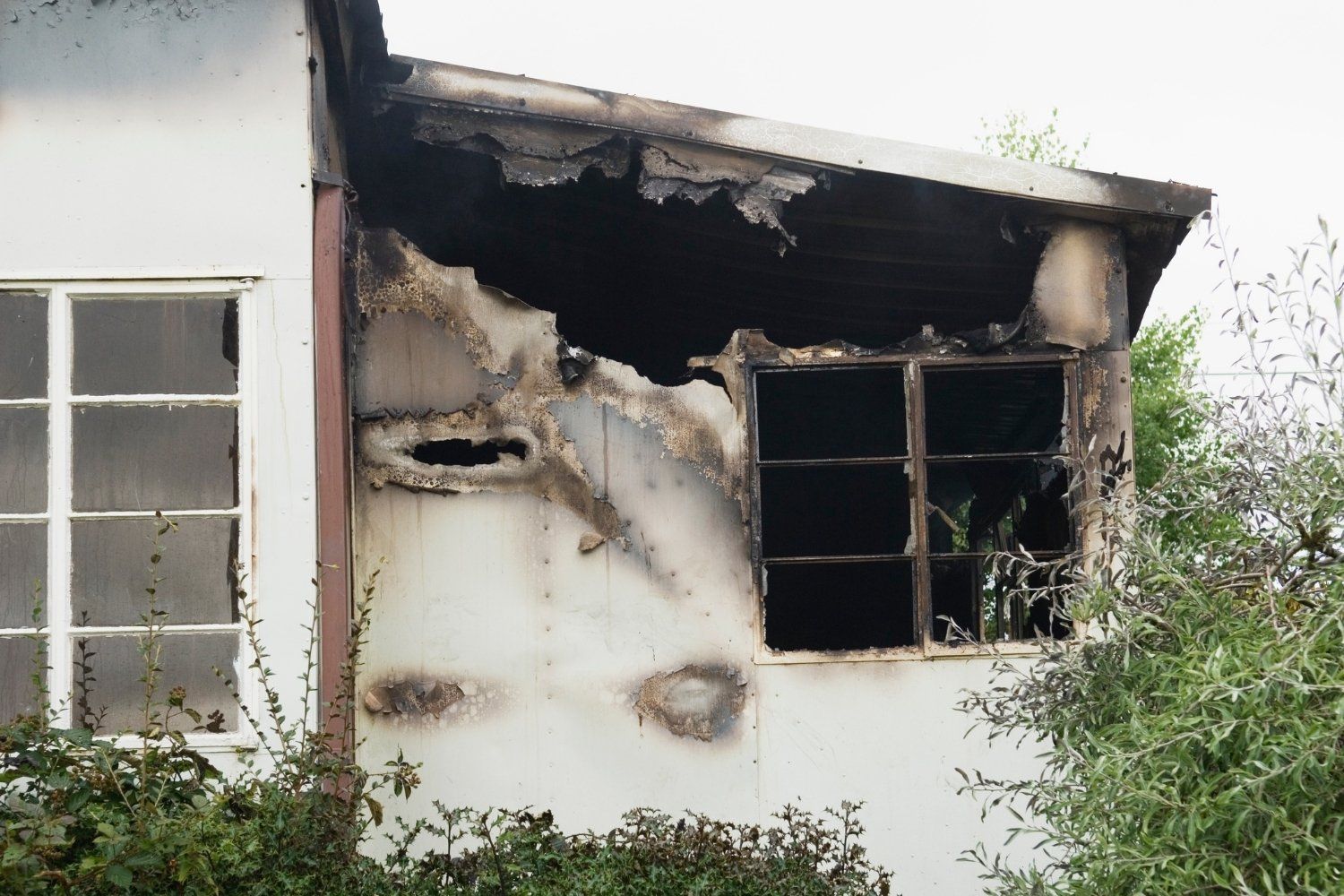
Different Types Of Fire Damage That You Need To Know
October 21, 2021
Fire and its associated damage are significant occurrences that should not be taken lightly. When left uncontrolled, the world of fire and fire damage restoration may be very complex and have a significant impact on people's lives. Many people assume that there is just one type of fire damage. However, there are numerous types of fire damage, each with its own unique set of service requirements.
We've classified fire damage into six categories in this blog and listed the most common types of fire damage that occur in the United States, as well as how to prevent them.
Common Types of Fire Damage
Kitchen Fire
The most common type of kitchen fire is a grease fire. Typically, this occurs as a consequence of leaving the frying pan unattended. These types of fires may result in severe casualties and property loss.
Cigarette-Related Fire
Each year, 1,000 people die in fires started by cigarettes. Always extinguish cigarettes entirely before discarding them in dumpsters. Smoke as much as possible outside and have fire-resistant containers on hand to dispose of your butts.
Electrical Fire
Electrical fires may be started by damaged or outdated electrical wiring, incorrect outlet usage, or worn-out breaker boxes. Using bulbs with a greater power rating than recommended may potentially cause fires.
Heater Fire
It's especially common during the winter months, when more people rely on portable heaters. Ensure that the unit has an automatic cutoff and that it is kept away from flammable and combustible materials.
6 Classes of Fire Damage
1. Class A
Class A fire damage is one of the most common types of fire damage in the United States, according to experts. This is because this is the kind of fire that occurs when combustible substances such as plastics, paper, rubber, wood, and fabric come into contact with one another. For example, if you store fabric too near to a portable heater in the winter, it may catch fire and spread throughout your house.
2. Class B
Consists of harm caused by flammable liquids or solids that have the potential to liquefy. This category covers gasoline in all its forms, oil, different waxes and polymers, and paint. However, this list does not include fires caused by cooking oils and fats.
3. Class C
Class C Fire Damage is a types of fire damage that is very common. Combustible gases such as hydrogen, propane, butane, and natural gas contribute to it. Class C Fire Damage may also be referred to as kitchen fires due to the frequent use of butane and propane gases in cooking. Keeping this in mind, be sure to turn off your stoves correctly when not in use to prevent a fire..
4. Class D
Class D Fire Damage is one types of fire damage that refers to fires caused by combustible metals such as magnesium, potassium, and sodium.
5. Class E
Professionals believe that Class E fire damages are caused by the same causes that contribute to Class A and B fire damages. However, since Class E fires include electrical components, Class E fire damages may sometimes occur as a result of electrical fires caused by defective wiring, worn-out equipment, or inappropriate usage of electrical outlets.
6. Class F
Finally, Class F Fire Damages are those produced by cooking oils and fats from unattended frying pans. As a consequence, Class F fires are frequently classified as kitchen fires.
Tips To Prevent Fire Damage In Your Home
Fire damage to your house or company may be expensive and emotionally distressing. Even worse, it may cause serious injury or even death to someone you care about. Fortunately, with a few basic measures, many types of fire damage may be prevented. Begin by following these guidelines to protect your house and company against fire damage and to safeguard your family, workers, and yourself.
1. Test your smoke alarms
Smoke alarms are one of the most critical safety precautions in your house or company which is why they must be tested on a regular basis. While a smoke alarm will not prevent a fire, its early detection and sound may save your life.
The following are the fundamentals of smoke alarm testing:
- Get new batteries. Batteries for smoke alarms should be changed twice a year, just in case.
- Examine the alarm. Set the smoke alarm to test mode. When you initially switch it on, it should sound for approximately ten seconds before shutting off.
- Get new batteries. If the smoke alarm fails the test, the batteries must be replaced.
- Wash the sensors. Clean the sensors with a cloth or vacuum once a year.
- Change the alarm. For non-working alarms after cleaning sensors, it is time to replace the alarm.
2. Maintain An Emergency Supply Of Fire Extinguishers
Following smoke detectors, fire extinguishers are a critical item to have on hand in order to avoid and limit fire damage. To optimize the efficacy of fire extinguishers in your house or company, follow these tips:
- Choose the appropriate fire extinguisher for your requirements. Each household extinguisher is assigned an A, B, or C classification (or a combination of the three). Combustibles like paper or wood are extinguished using extinguishers marked A, B, or C.
- Make sure the extinguisher is portable. The 5-pound type is popular since it is easily lifted and used.
- Stock fire extinguishers around your house or company, concentrating on high-risk areas like the kitchen.
- Review your fire extinguisher instructions and train everyone in your home or company.
Looking For A Fire Damage Restoration Company Serving Florida?
Call DRYOUTpro PLUS, INC. at (772) 288-4222 now for 24 fire damage restoration, water cleanup or mold remediation along with any of our other services or receive a quick quotation from our website. Our
fire damage restoration specialists will get to you and will speak to you about the types of fire damage and how to avoid it for your home or business in 30 to 60 minutes.
Learn More About The Advantages of Hiring a Fire Remediation Services
